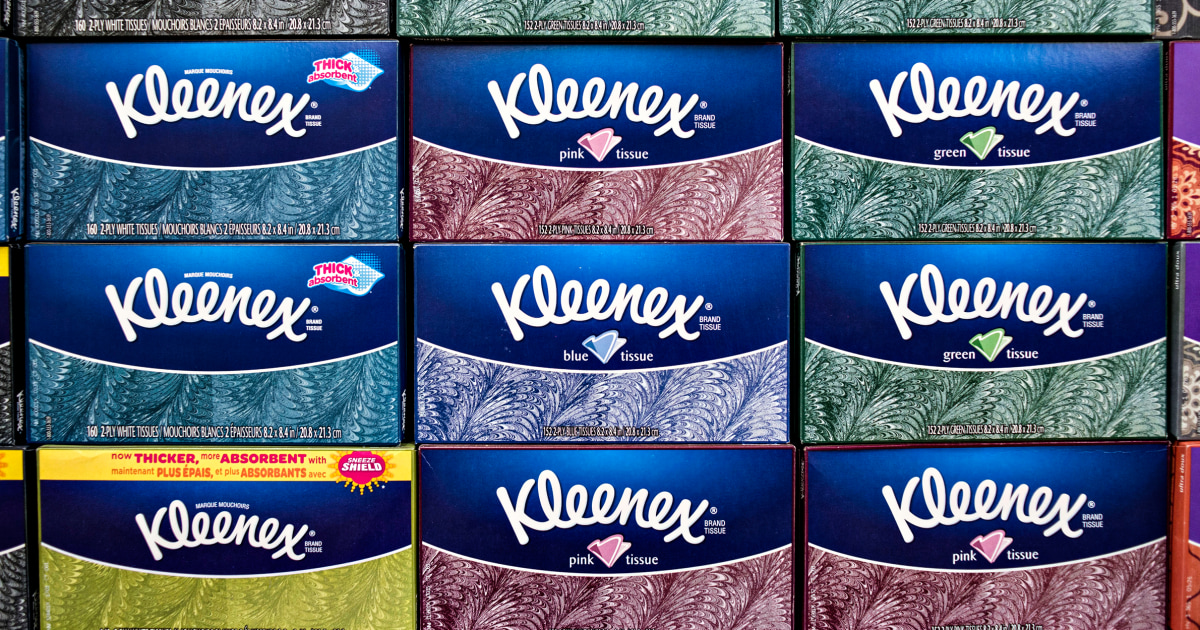
Kimberly-Clark has been hit with a proposed class action filed by Connecticut residents living near a facility where it makes Kleenex accusing the consumer goods company of contaminating their properties and drinking water with toxic “forever chemicals.”
The lawsuit filed in Connecticut federal court on Wednesday alleges the company has used per- and polyfluoroalkyl substances, or PFAS, to make tissues at its plant in New Milford. PFAS are released into the air via smokestacks, and may seep into the ground via paper sludge dumped at a nearby landfill, the lawsuit said.
A spokesperson for Kimberly-Clark said the company believes the lawsuit is “unfounded.” They said Kimberly-Clark does not use PFAS in its U.S. consumer products, and plans to “vigorously” defend itself against the allegations.
PFAS are a group of thousands of related chemicals used in hundreds of consumer and commercial products, including to make water resistant diaper linings, paper products, stain-resistant clothing and cosmetics. PFAS have been linked to cancer and hormonal dysfunction, and are often called forever chemicals because they do not easily break down in nature or the human body.
The residents say PFAS emitted from the facility’s smokestacks attaches to air particles or rain before landing on their property, and that can seep through soil into groundwater. They claim contamination on their properties has led to a drop in property values and increased their risk of disease from drinking polluted water.
They accuse Kimberly-Clark of being negligent, arguing it had a duty to take reasonable care not to expose the residents to toxic chemicals. The company violated that duty because it failed to warn them that PFAS was being used and failed to take steps to stop dangerous PFAS releases, among other things.
The class would include Connecticut residents living near the facility and nearby property owners, and seeks damages for financial losses and punitive damages. It also seeks an order requiring Kimberly-Clark to install water filters and to create a fund to pay to monitor the health of the residents.
Thousands of lawsuits have been filed in recent years against manufacturers of PFAS and the companies that use the chemicals to create a diverse array of products, including lawsuits against other companies that produce paper products in Wisconsin and Maine.
Last year, companies that have manufactured the chemicals including 3M, DuPont de Nemours, Chemours and Corteva agreed to pay a combined over $11 billion to resolve their liability for PFAS contamination in public water systems.
Concerns about the toxicity of PFAS have also spurred federal regulatory action. The U.S. Environmental Protection Agency last year proposed the first-ever enforceable drinking water limits for several of the substances.
The EPA is expected to finalize that rule, and another designating two of the chemicals as hazardous substances under the U.S. Superfund law, this year.






